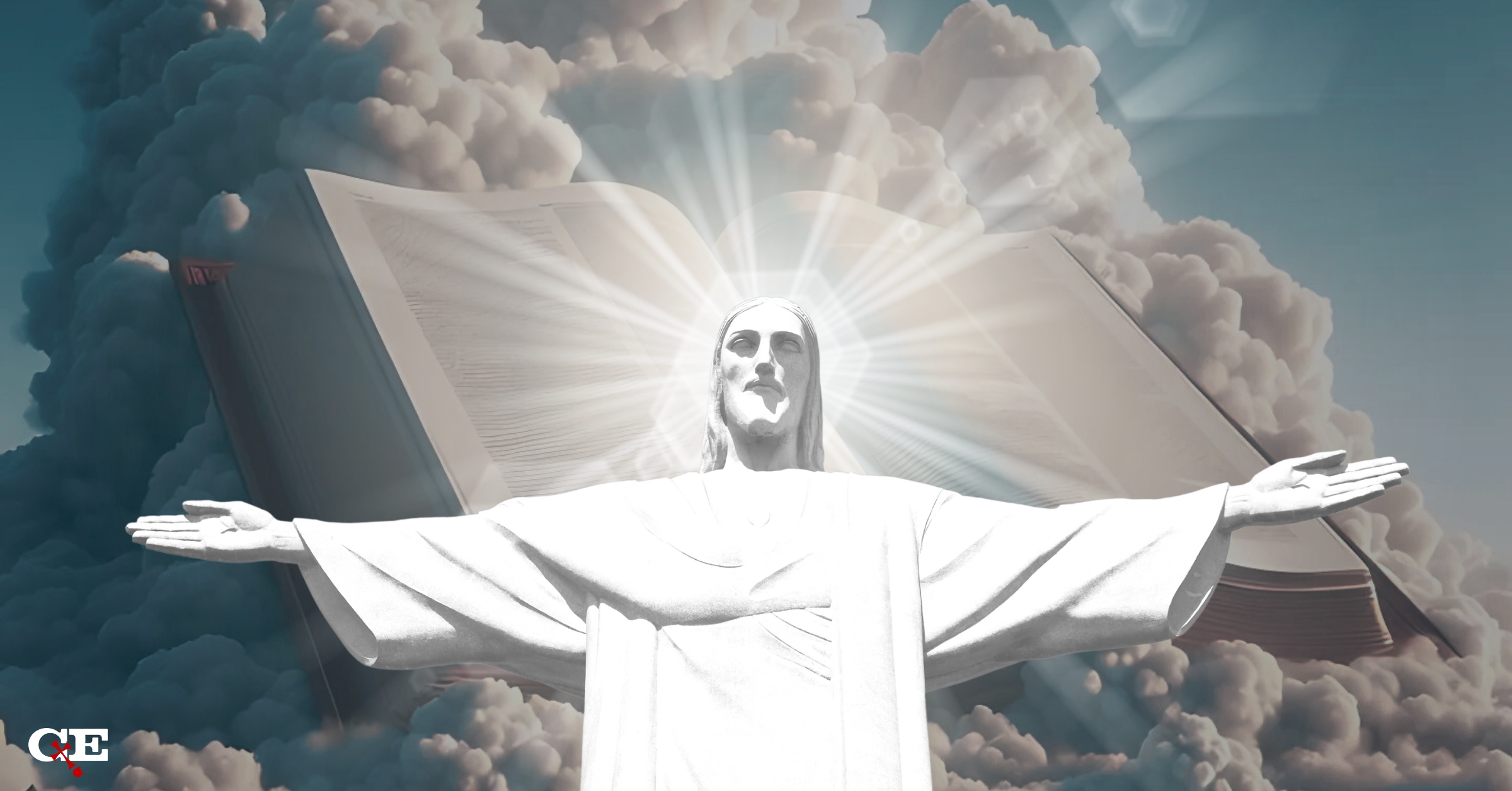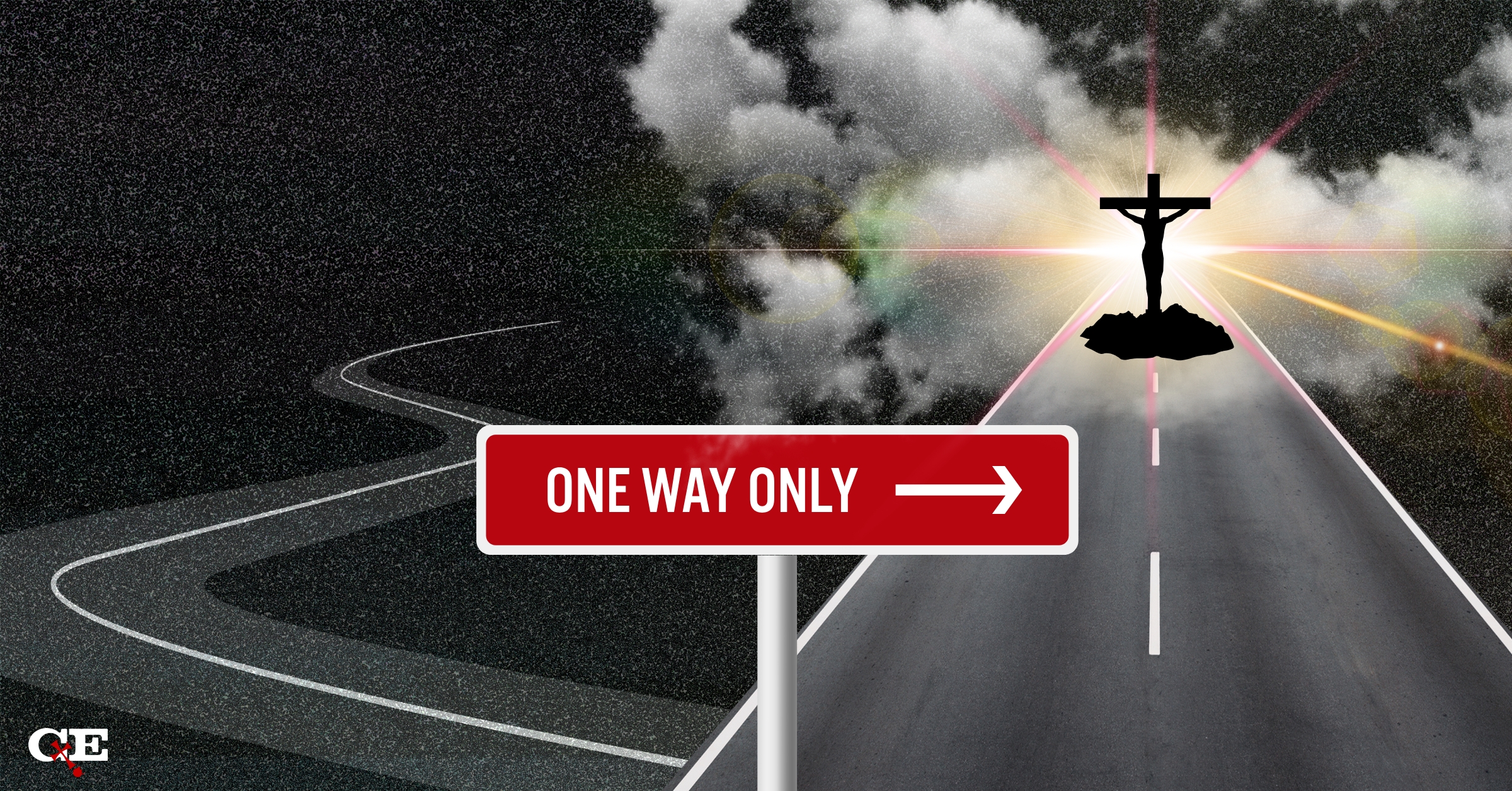It is always a temptation in an industrial and technological society such as America to fall into what C.S. Lewis called “chronological snobbery.” This is the belief that the present ideas and practices are superior to, or could never have been imagined by, those who went before us. This is no less true concerning the practice of abortion. Many believe abortion is a relatively new idea and that those who preceded our advanced age could never have imagined having the means to abort a human person in the womb. They did not, after all, have the biological and medical knowledge we have today. Right?
Nothing could be further from the truth. Abortion, or some equivalent practice, is just about as old as humanity. Those in antiquity may not have had the technology or medical practices to insert chemicals into a child in utero to kill her or even the means to pull off her legs, head, and arms and then vacuum out her parts from the womb. Nevertheless, they had their methods of performing abortions, and they had similar reasons for doing so as some do today.
The Long History of Abortion
Abortion has had a long history, dating back thousands of years. The earliest reference to the practice, notes ethicist John Jefferson Davis, seems to be during the time of the Chinese Emperor Shen Nung (ca 2737-2696 BC).[1] Evidently, some kind of oral abortifacient was recommended to kill a child in utero.
Others promoting abortion (both the child in utero and disposing her after birth, i.e., infanticide) included the two Greek philosophers, Plato and Aristotle, in the third and fourth centuries BC. Both argued that abortion was a necessity in certain instances for the benefit of the State. Plato, for example, believed that the State was to be governed by the most intelligent and knowledgeable philosophers, and one of their duties was to regulate births of those who benefitted the state and dispose of the infants who were born to “inferior breeds.” In Nazi-like eugenic reasoning, Plato stated, “The offspring of the inferior, and any of those of the other sort who are born defective, they [i.e., the governing officials] will properly dispose of in secret, so that no one will know what has become of them.”[2]
In fact, the State was to oversee every aspect of the marital and sexual relationship of every citizen. Once men and women were past their “prime” for begetting children, Plato desired that the State regulate men to have sexual relations with whomever they wished (outside familial relations) as long as they did not “bring to light anything whatever thus conceived.”[3] If they were unable to “prevent a birth,” they were to dispose of the child.
Aristotle, like his mentor Plato, effectively agreed. The “lawgiver’s duty” was to develop children in the best physical way possible. To do this, he was to consider who ought to get married and when they ought to have children. Like Plato, Aristotle believed husband and wife ought to conceive children during their prime for the best chance of conceiving a strong, physically healthy child. In what sounded like an anticipation of some Americans’s view of abortion, Aristotle argued, “Let it be lawful that no cripple child be reared.”[4] If a crippled child was born, then she was to be abandoned.
Aristotle, also like many Americans today, worried about population size. To control human population, Aristotle contended that if “a copulation takes place and a child is conceived,” then “abortion should be procured before the embryo has acquired life and sensation.”[5] In an attempt to establish an ethical guideline, he concluded, “The presence of life and sensation will be the mark of division between right and wrong here.”[6]
Abortion Is Nothing New
As can be readily seen, abortion (and infanticide) is nothing new. It has been around for thousands of years. It seems to be one of the preoccupations of sinful humanity. To summarize the longevity of the practice, comments from John Rasmussen can serve as a good summary:
“Abortion was, then, a familiar practice in the ancient Mediterranean world. One of the most learned of Greco-Roman gynecologists, Soranos of Ephesus (c. A.D. 98-138), discussed two main categories of abortion. Abortion was practiced through an abortifacient (phythorion), which would destroy what had been conceived, or through (ekbolion), which would expel what had been conceived. . . . The conventional Roman attitude toward the fetus and infant was strikingly callous. Seneca referred to the drowning of abnormal or weakly children at birth as a commonplace and as a reasonable kind of action (De Ira, 1.15). Philo noted that it was not unusual for parents to strangle their infants, drown them with attached weights, or expose them in deserted areas to wild beasts and carnivorous birds.” [7]
We may ask at this point, why is it important to consider that abortion was practiced in antiquity? Primarily because it helps us understand how a Christian ought to view abortion. How so? Precisely because if abortion has been practiced for thousands of years, we would expect to find Christians responding to and interacting with the topic. And this is exactly what we find. In part 2 of this series, we will briefly look at what some of the early Christian Fathers and teachers had to say about it.
References:
[1] John Jefferson Davis, Evangelical Ethics: Issues Facing the Church Today, 3rd ed. (Phillipsburg, NJ: P&R, 2004), 139.
[2] Plato, The Republic, Book V, 460, c in Plato: The Collected Dialogues including the Letters, ed. Edith Hamilton and Huntington Cairns, Bollingen Series LXXI (Princeton, NJ: Princeton University Press, 2005), 699.
[3] Ibid., 461, c; 700.
[4] Aristotle, The Politics, Book VII.16, trans. T.A. Sinclair, Penguin Classics (Baltimore, MD: Penguin Books, 1962), 294.
[5] Ibid.
[6] Ibid.
[7] John A. Rasmussen, “Abortion: Historical and Biblical Perspectives” Concordia Theological Quarterly 43 1979:19, 21.
Recommended Resources:
Correct not Politically Correct: About Same-Sex Marriage and Transgenderism by Frank Turek (Book, MP4 )
Stealing From God by Dr. Frank Turek (Book, 10-Part DVD Set, STUDENT Study Guide, TEACHER Study Guide)
Legislating Morality: Is it Wise? Is it Legal? Is it Possible? by Frank Turek (Book, DVD, Mp3, Mp4, PowerPoint download, PowerPoint CD)
Is Morality Absolute or Relative? by Frank Turek (Mp3/ Mp4)
Peter J. Rasor II is presently the Senior Pastor of Lilburn Christian Church in Lilburn, GA and is an adjunct professor of philosophy at Grand Canyon University (GCU). He previously served as Assistant Professor of Philosophy at GCU (2015-2023). He is co-author of Controversy of the Ages (2017), author of the fantasy novel The Plague of Kosmon: Rise of the Seer, and has a multiple-authored forthcoming book An Introduction to Philosophy: A Christian Guide to the Things that Really Matter (Zondervan; 2025). He holds a ThM in theology and PhD in philosophy from The Southern Baptist Theological Seminary (Louisville, KY) and a MA and MDiv from Cincinnati Christian University.
Originally posted at: https://bit.ly/4hSpsmx










